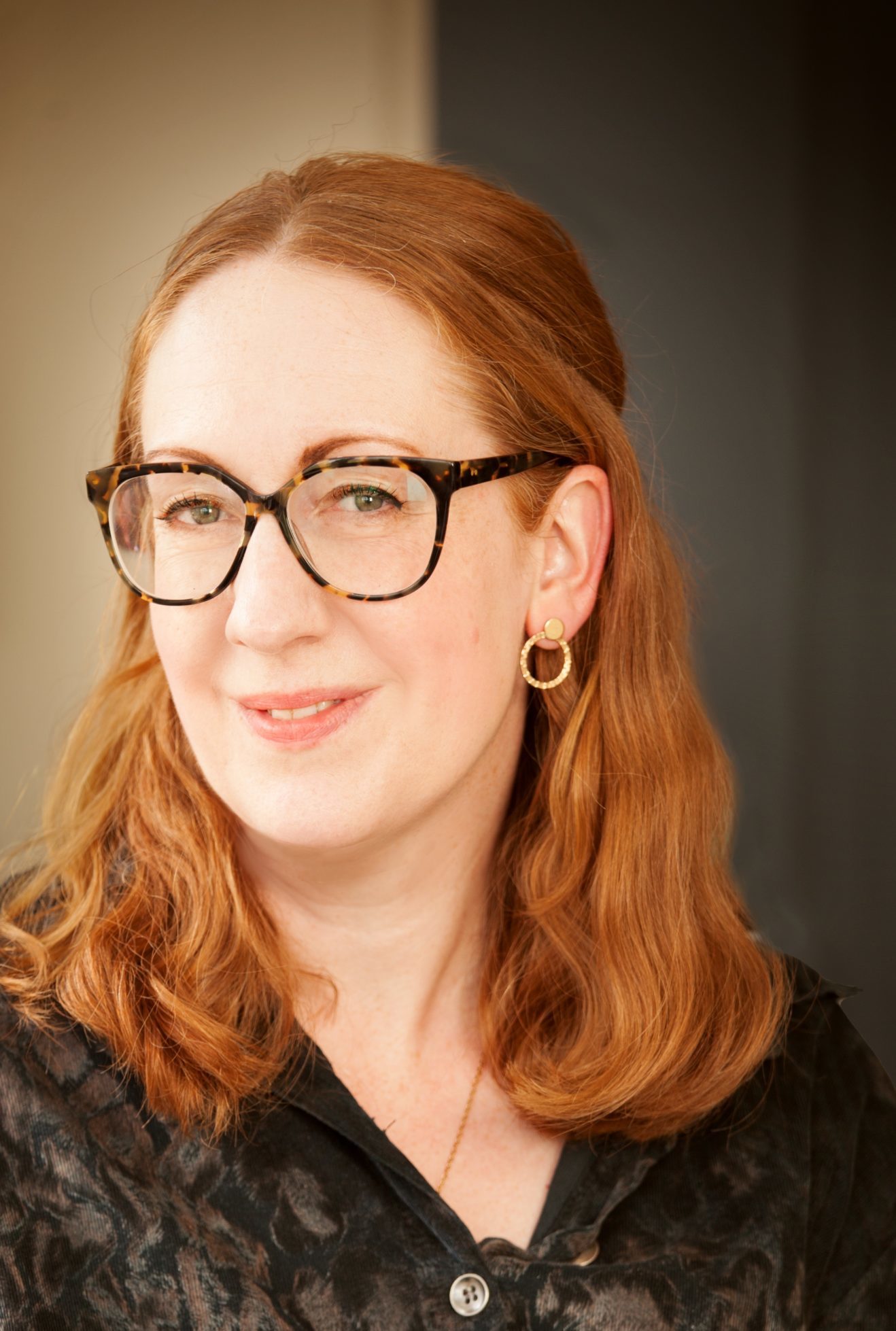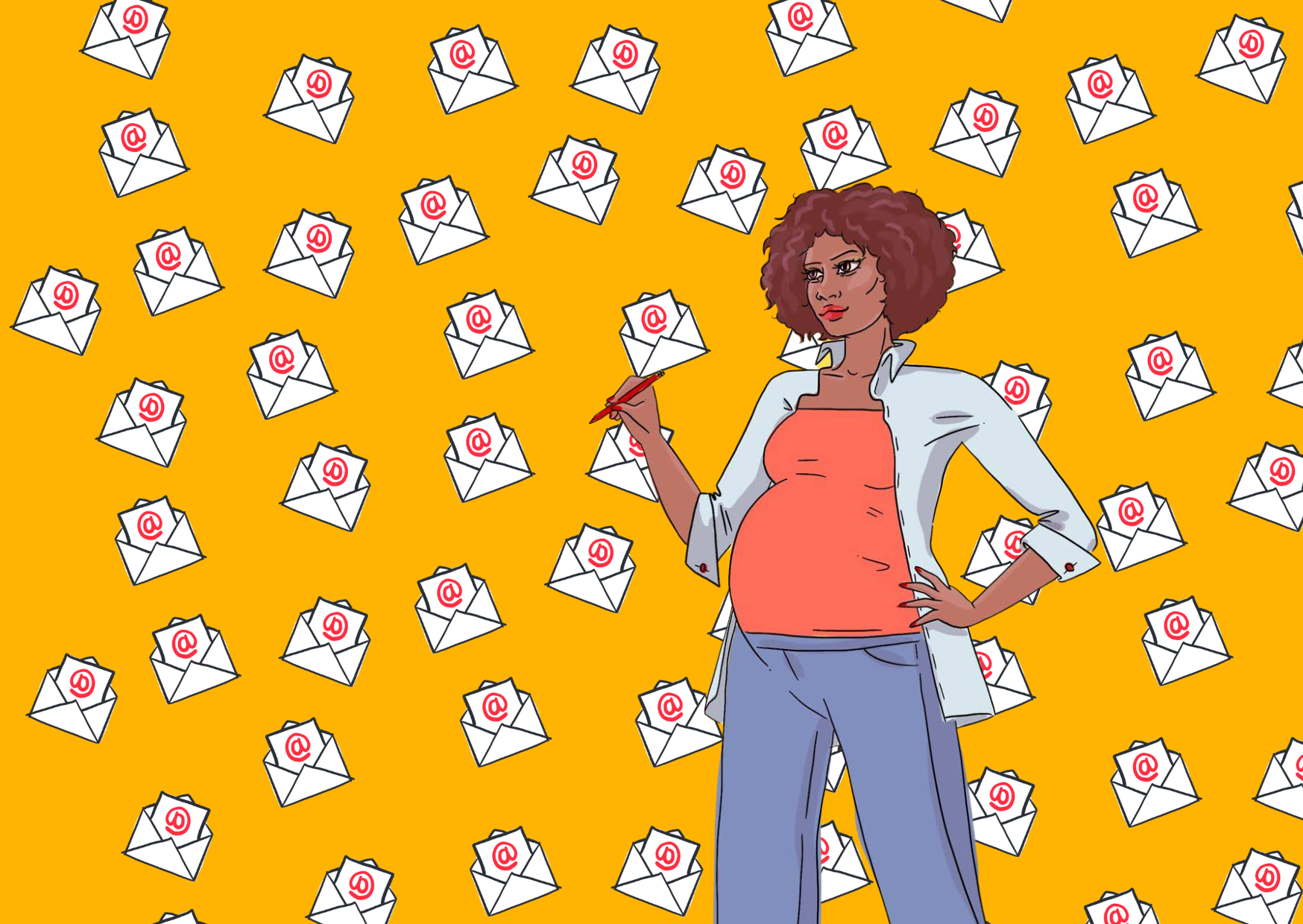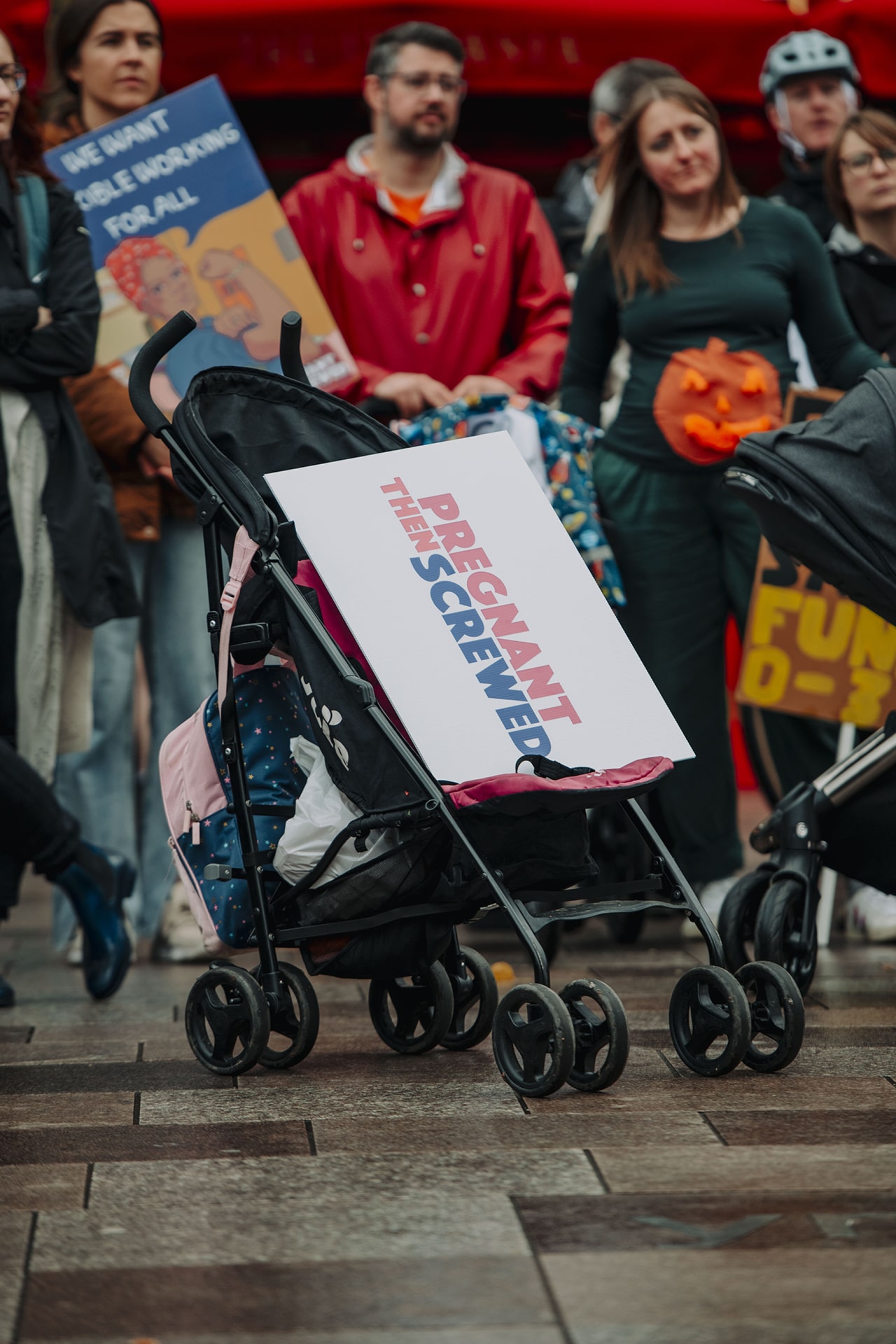On the 22nd July, alongside 34 cross party MPs and 11 leading charities and organisations, we have written to the Secretary of State for Health asking for 7 key recommendations to be implemented as a matter of urgency to increase safety for pregnant women.
Dear The Rt Hon Sajid Javid,
We are writing to you as a group of academics, healthcare professionals, politicians, charities, campaigners and MPs who are deeply concerned about the safety of pregnant women. A poll conducted by Pregnant Then Screwed with over 9,000 pregnant women on Friday 9th July found that 41% have not had a single dose of the vaccine. Only 21% have had two doses of the vaccine. The Royal College of Obstetricians and Gynaecologists and The Royal College of Midwives also expressed concern last week that the combination of restrictions easing from today, an increasing prevalence of COVID-19 in the community, and hesitancy to get vaccinated, will lead to a further increase in infections among pregnant women.
Whilst pregnant employees are encouraged to continue following the occupational health guidance to ensure they are safe in their workplace – and it remains a requirement for employers to carry out a risk assessment with pregnant employees to ensure a safe work environment – the most recent ‘Working Safely during Covid-19’ Government guidance states very clearly that social distancing guidance no longer applies in the workplace and that employees no longer have to work from home. This coupled with guidance that no longer makes it a legal requirement to wear masks in public, exposes this vulnerable group of women and their growing baby to a huge increase in risk.
Pregnant women are the only vulnerable adult group who have not been prioritised for the vaccine. Some people at high risk from COVID-19 can get an earlier appointment for their 2nd dose (at 8 weeks instead of 12 weeks) but pregnant women are not included in this group, even though they are a vulnerable group.
Fewer pregnant women have been vaccinated due to the original guidance, reversed in April, which suggested vaccines were not safe for pregnant and breastfeeding women. Research from the UK has found that should a pregnant woman become infected with COVID-19 in her third trimester and develop symptoms, her baby is twice as likely to be born preterm, which can cause lifelong complications, and there is an increased risk of pre-eclampsia, needing emergency caesarean, and higher rates of stillbirth. She is also more likely to be admitted to ICU. Data from the UK Obstetric Surveillance System (UKOSS) has found more than 100 pregnant women have been admitted to hospital in each of the last two weeks with COVID-19 and one in 10 of these women need intensive care. Crucially, no pregnant women who have received both doses of vaccine have been admitted to hospital since the vaccination programme began. Most of those admitted recently have been unvaccinated, with only five women admitted who had received a single vaccine dose.
Pregnant women are scared for their safety and more must be done to reduce misinformation and increase vaccine take up among this group. With restrictions now relaxed, many are choosing to remain indoors if they can, to reduce the risk of potential infection. Some pregnant women have been given conflicting and misleading advice about the vaccine, leading to high rates of anxiety and high levels of vaccine hesitancy amongst this group. Indeed, Pregnant Then Screwed research found that 75% feel anxious for their safety now that restrictions have been lifted. You can read about some of those experiences here.
This is an alarming situation which demands urgent action. Please could you detail to us in your reply:
- Whether data is being collected and published on vaccine hesitancy and take up among pregnant women?
- What the process is for ensuring health professionals (a) are discussing with pregnant women the risks and benefits of the COVID-19 vaccine and (b) have up to date information on the risks and benefits of the vaccine?
- What steps are being taken to reduce misinformation and vaccine hesitancy among pregnant women and increase take-up?
We are calling on you to take the following steps to ensure pregnant women are effectively protected and supported.
- Prevent the further spread of misinformation about the risks and benefits of the Covid19 vaccines in pregnancy by ensuring all health professionals and those in vaccine centres are given the most up to date research and data, and they should be encouraged to have proactive conversations with pregnant women about the vaccine.
- Urgently take steps to reduce the gap between the first and second dose of the vaccine for pregnant women from 12 weeks to 8 weeks.
- Design and deliver a Government-led campaign to encourage pregnant women to get vaccinated
- Enhance the Government guidance: Working Safely During Covid19 to include a specific section on pregnant women which stipulates that they should work from home where possible, must be enabled to remain 2 meters away from others at all times (including their commute to work), and they must be equipped with appropriate PPE. If this is not possible then they must be suspended from work on full pay, in line with existing health and safety regulations.
- Extend the furlough scheme for pregnant women until 2022 so that all employers can reclaim 80% of the cost of suspending a pregnant woman on safety grounds.
- Ensure the HSE are collecting data on breaches of health and safety with regards to pregnant women and that they are taking enforcement action where necessary
- Allow vaccination for those under the age of 18 if they are pregnant.
Yours Sincerely,
Name Organisation
Joeli Brearley Pregnant Then Screwed
Gill Walton Royal College of Midwives
Dr Edward Morris Royal College of Obstetricians and Gynaecologists
Felicia Willow CEO Fawcett Society
Mary-Ann Stephenson Women’s Budget Group
Frances O’Grady Trades Union Congress
Sophie Livingstone MBE Little Village
Justine Roberts Mumsnet
Dr Clare Wenham, Associate Professor in Global Health Policy, London School of Economics and Political Science
Adrienne Burgess The Fatherhood Institute.
Dr Helen Pankhurst Centenary Action Group
Members of Parliament
| Name | Party |
| Wera Hobhouse MP | Liberal Democrat |
| Rupa Huq MP | Labour |
| Mick Whitley MP | Labour |
| Kim Johnson MP | Labour |
| Angela Crawley MP | SNP |
| Rosie Duffield MP | Labour |
| Claire Hanna MP | SDLP |
| Derek Twigg MP | Labour |
| Valerie Vaz MP | Labour |
| Yvonne Fovargue MP | Labour |
| Tim Farron MP | Liberal Democrat |
| Barry Gardiner MP | Labour |
| Gareth Thomas MP | Labour and Cooperative |
| Ian Byrne MP | Labour |
| Sarah Olney MP | Liberal Democrat |
| Mohammad Yasin MP | Labour |
| Claudia Webbe MP | Labour |
| Caroline Noakes MP | Conservative |
| Stella Creasy MP | Labour and Cooperative |
| Diana Johnson MP | Labour |
| Layla Moran MP | Liberal Democrat |
| Daisy Cooper MP | Liberal Democrat |
| Bell Ribeiro-Addy MP | Labour |
| Caroline Lucas MP | Green |
| Emma Lewell Buck MP | Labour |
| Angela Eagle MP | Labour |
| Dan Jarvis MP | Labour |
| Debbie Abrahams MP | Labour |
| Tony Lloyd MP | Labour |
| Kevin Brennan MP | Labour |
| Liz Saville Roberts MP | Plaid Cymru |
| Christine Jardine MP | Liberal Democrat |
| Alison Thewliss MP | SNP |
| Munira Wilson MP | Liberal Democrat |
| Taiwo Owatemi MP | Labour |


